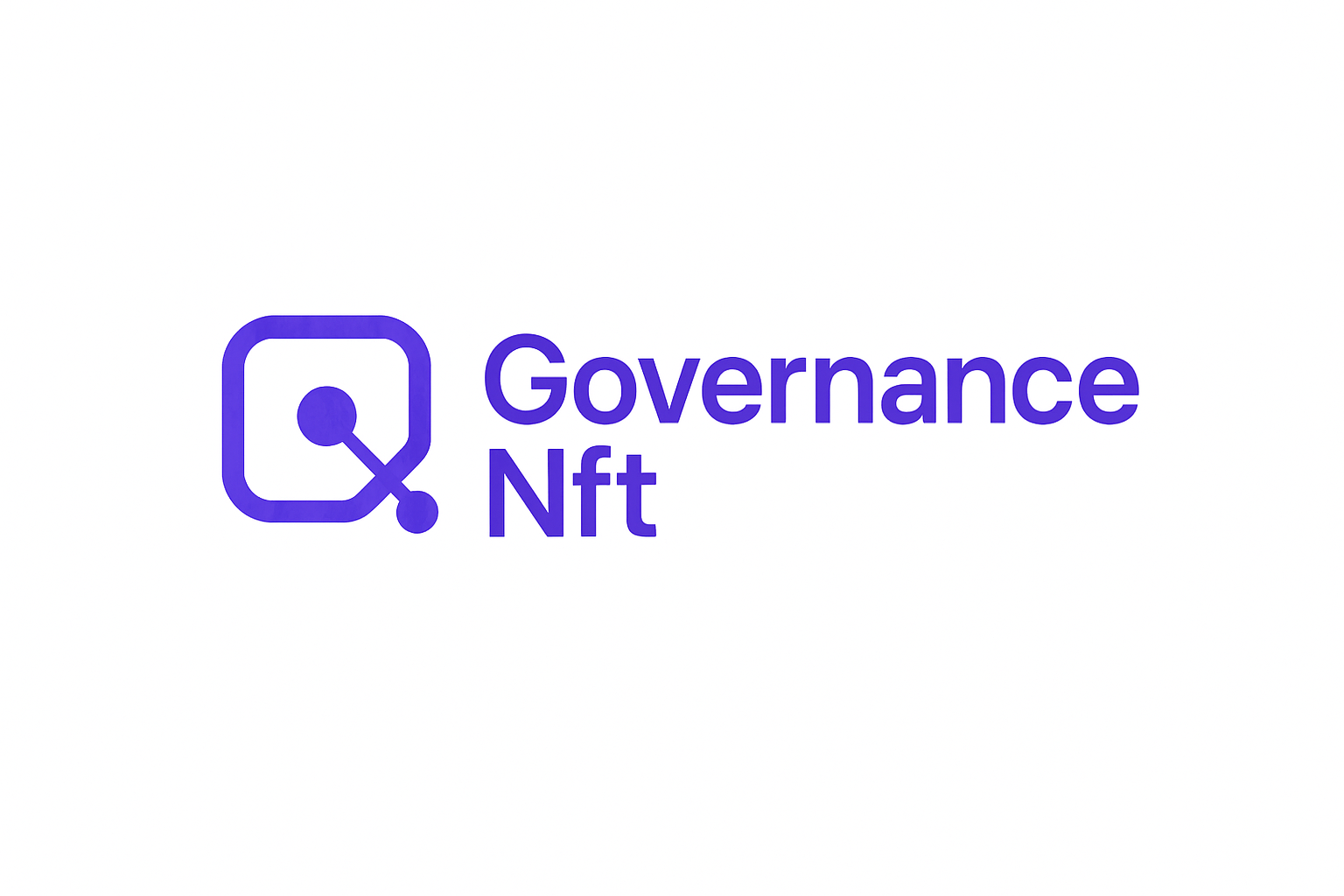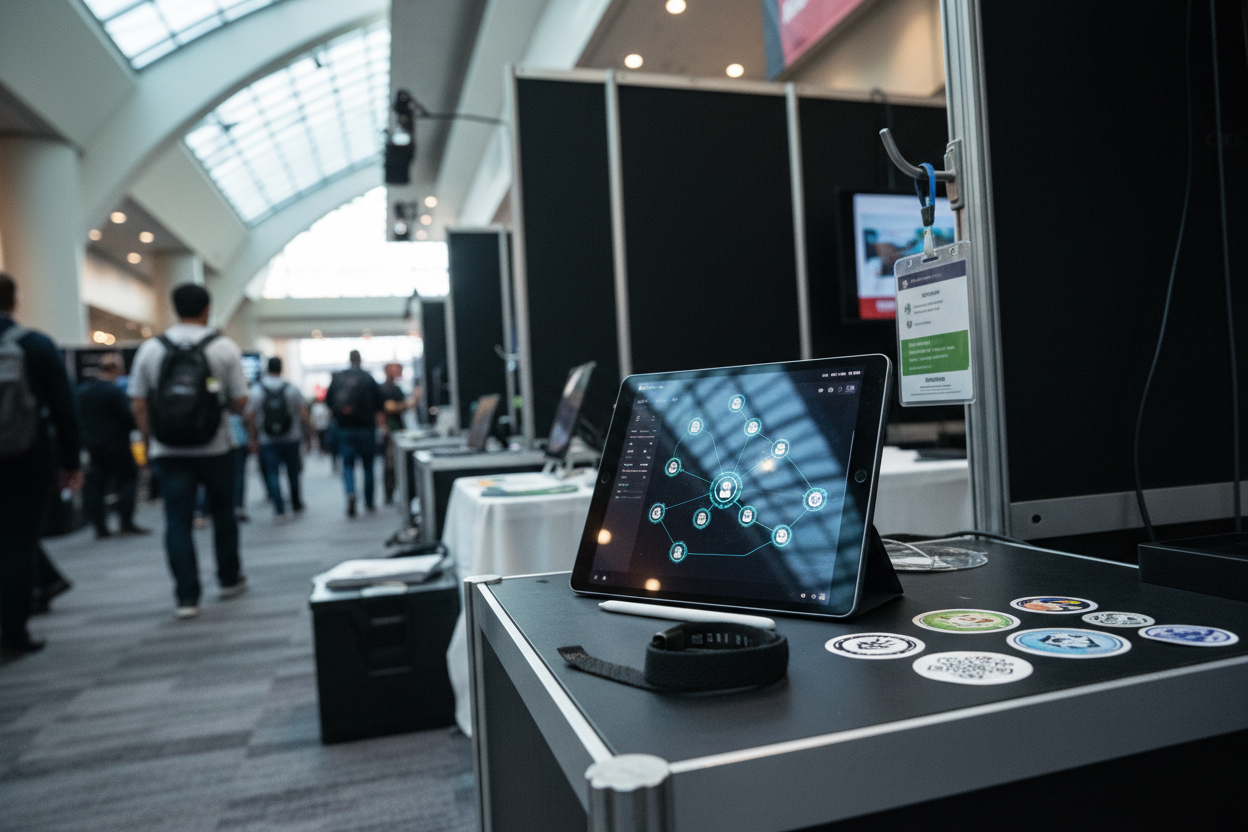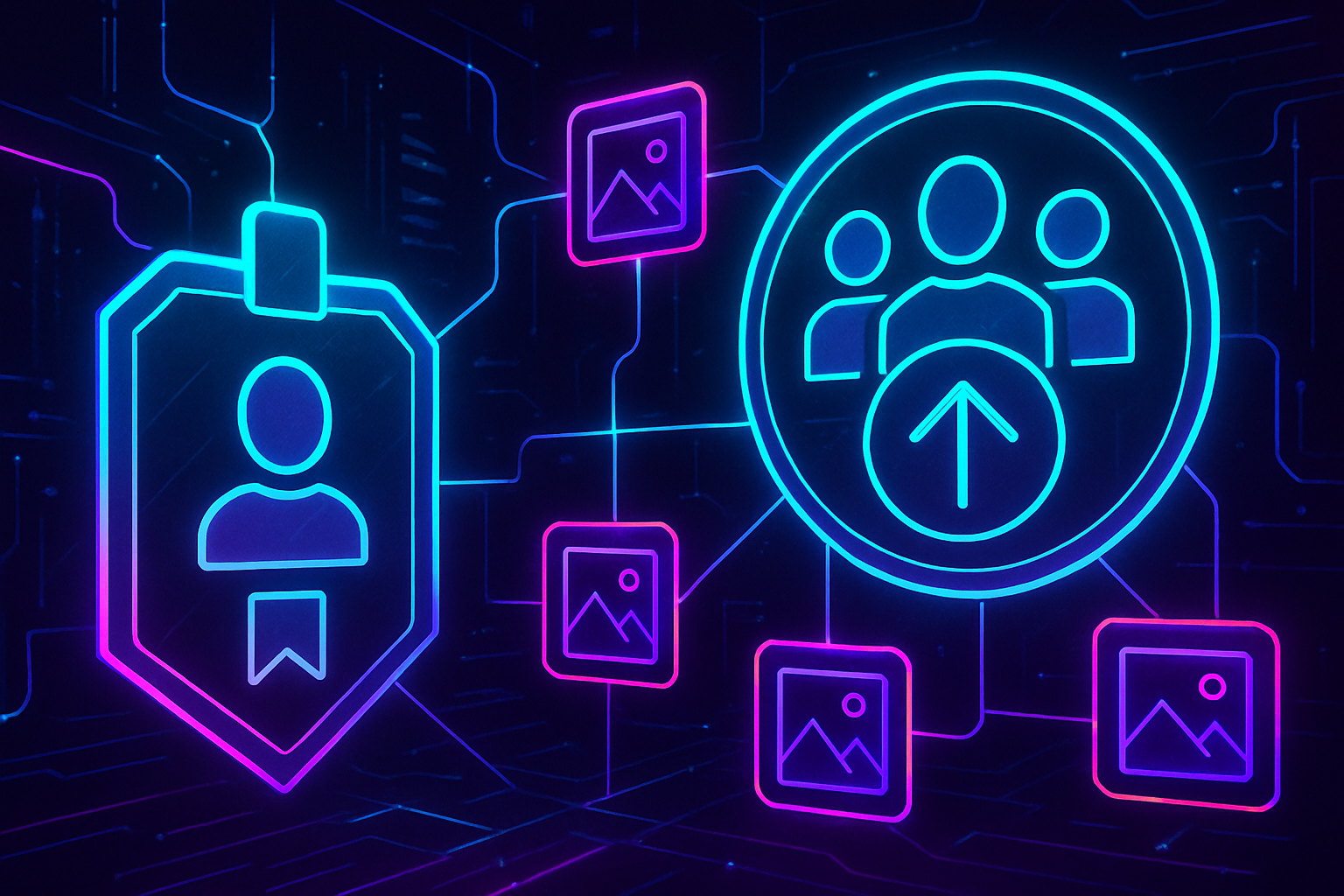
Decentralized Autonomous Organizations (DAOs) have transformed the way communities coordinate, govern, and reward collective action in the Web3 era. As DAOs scale globally, one challenge stands out: how to transparently track contributions and fairly assign voting power. The answer? DAO NFT badges: unique, verifiable digital credentials that are revolutionizing decentralized governance.
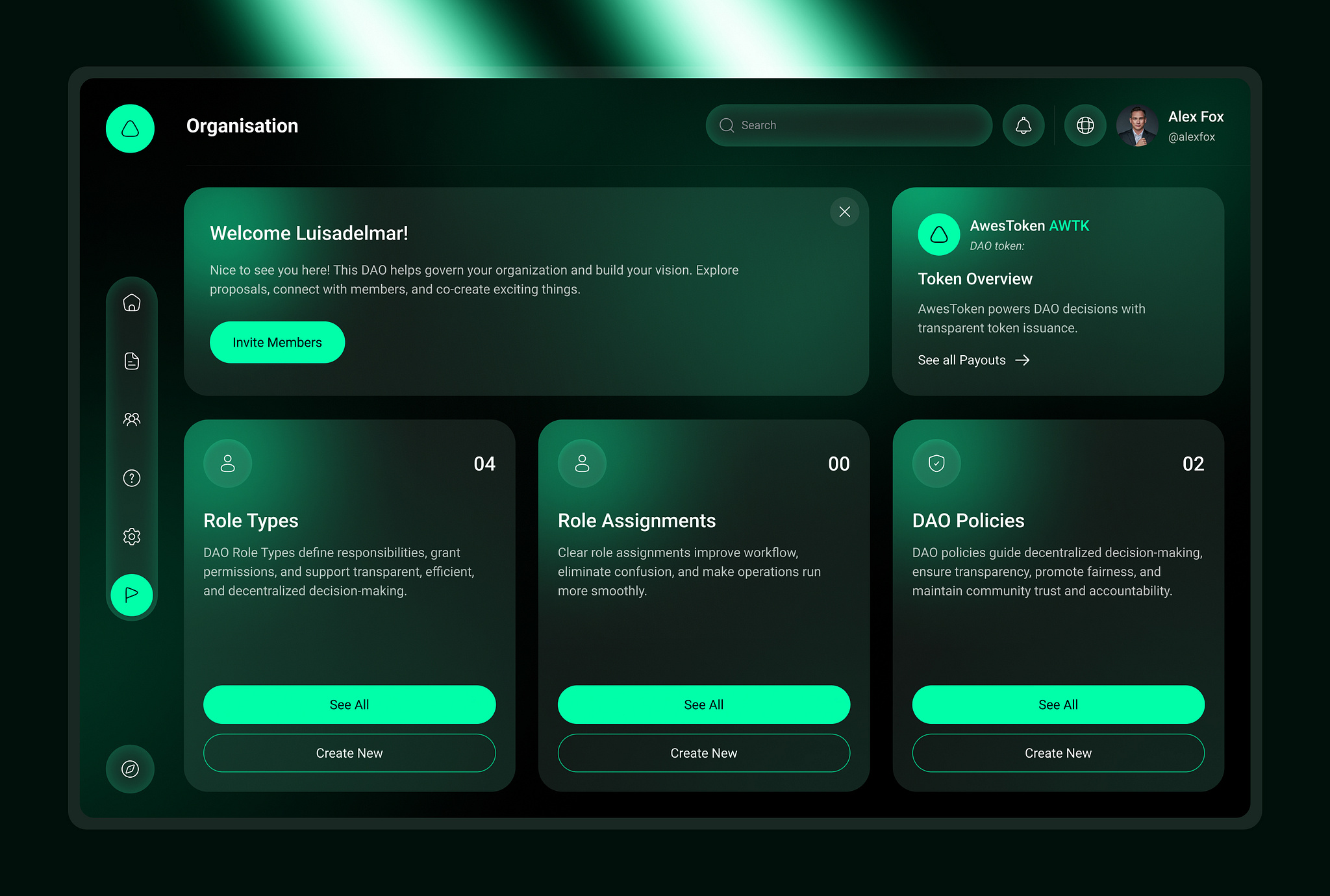
DAO NFT Badges: The New Standard for Verifiable Credentials
Unlike fungible tokens, NFT badges are non-transferable and uniquely tied to individual members. This feature makes them ideal for tracking engagement and reputation in a transparent, tamper-proof way. With each badge minted on-chain, DAOs build a public ledger of member achievements, whether it’s voting participation, technical contributions, or project management milestones.
Platforms like RootstockCollective and Gitcoin DAO have already adopted this model. For example, Gitcoin’s “Kudos” NFT badges serve as concrete proof of open-source contributions and unlock access to exclusive governance privileges. Similarly, Bankless DAO issues badges for attending events or supporting proposals, helping members construct transparent on-chain reputations that can be leveraged across multiple DAOs.
Mechanics: How NFT Badges Track Contributions in DAOs
The utility of NFT badge DAO use cases extends far beyond mere collectibles. Here’s how they work at a technical and community level:
Key Use Cases for NFT Badges in DAOs
-
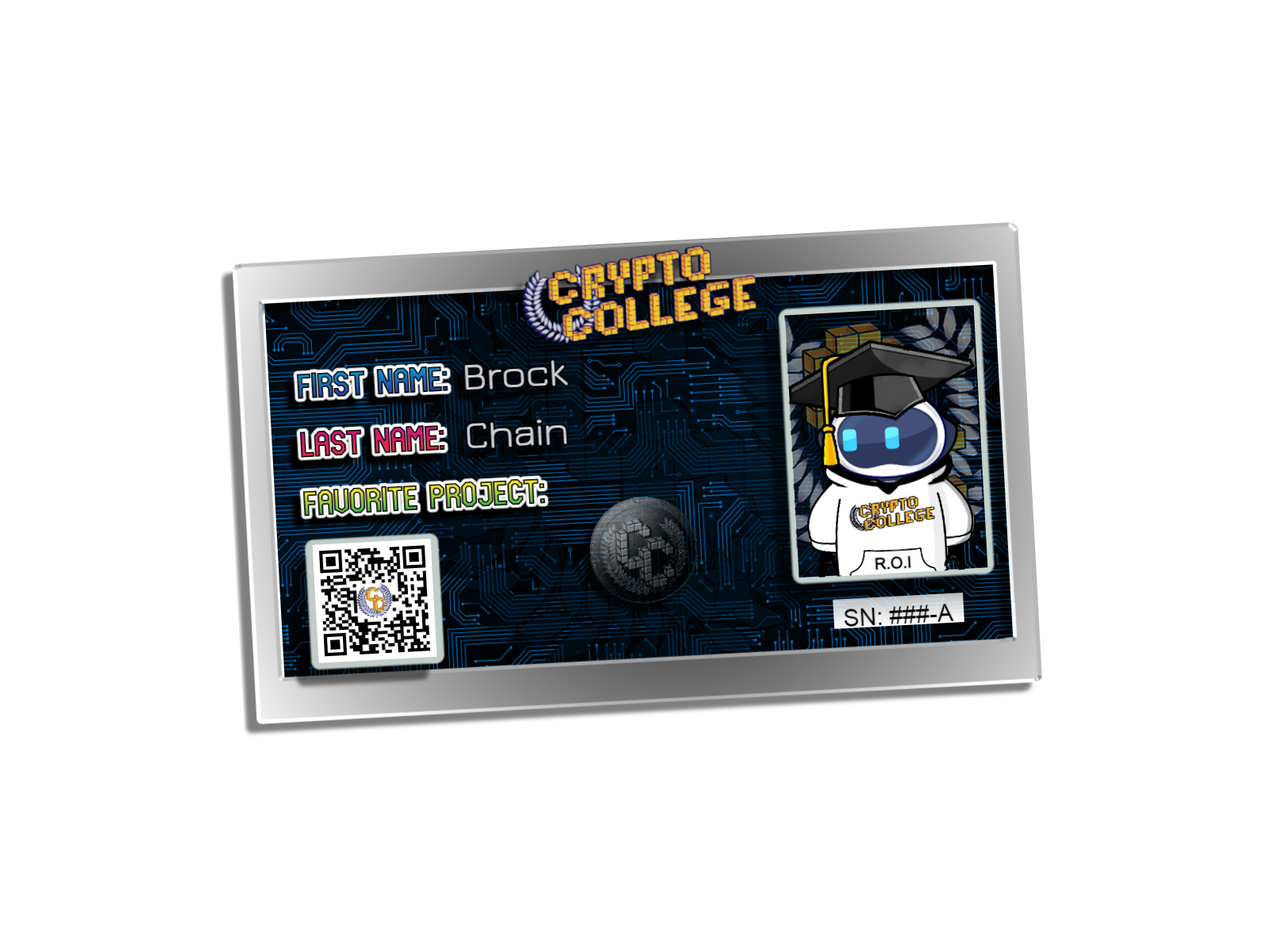
Membership Verification: NFT badges serve as digital proof of legitimate DAO membership, ensuring only verified individuals can participate in governance and collaboration. This prevents duplicate or fraudulent identities within the organization.
-
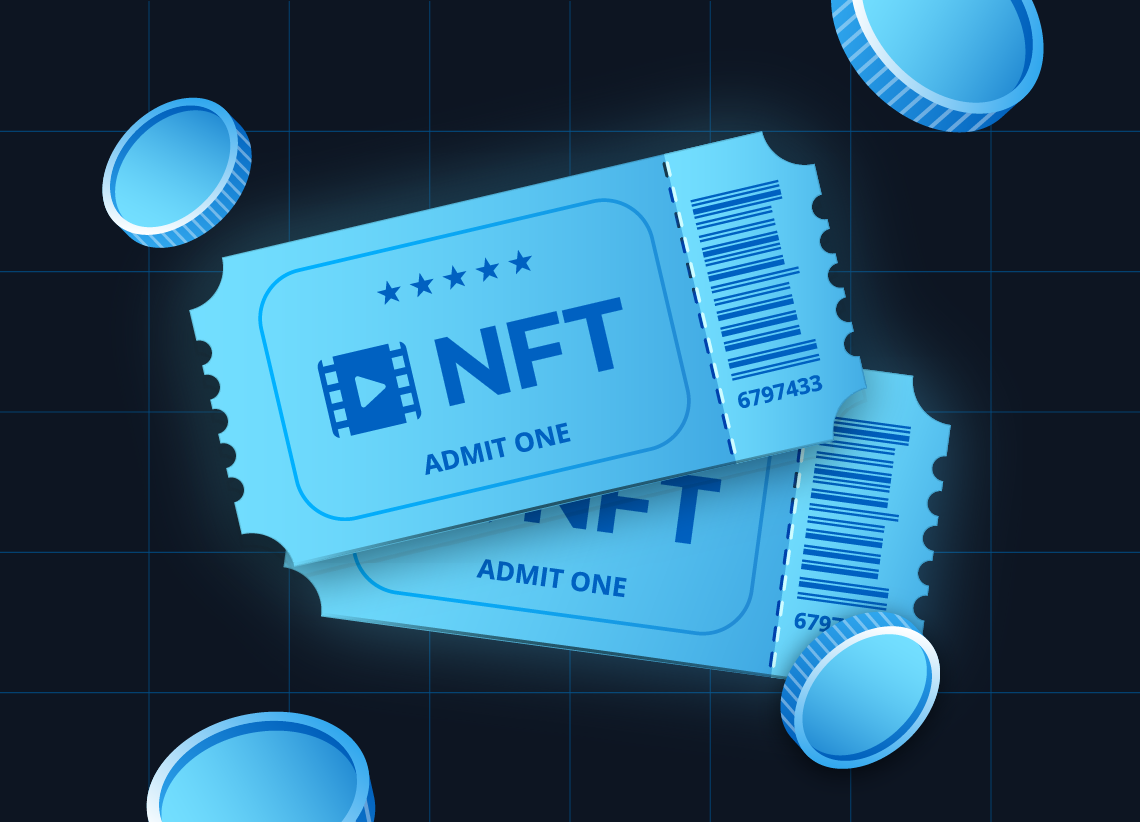
Access Control: NFT badges represent different roles or tiers within a DAO, granting members varying levels of access and responsibility as they progress. This enables flexible, on-chain role management.
-
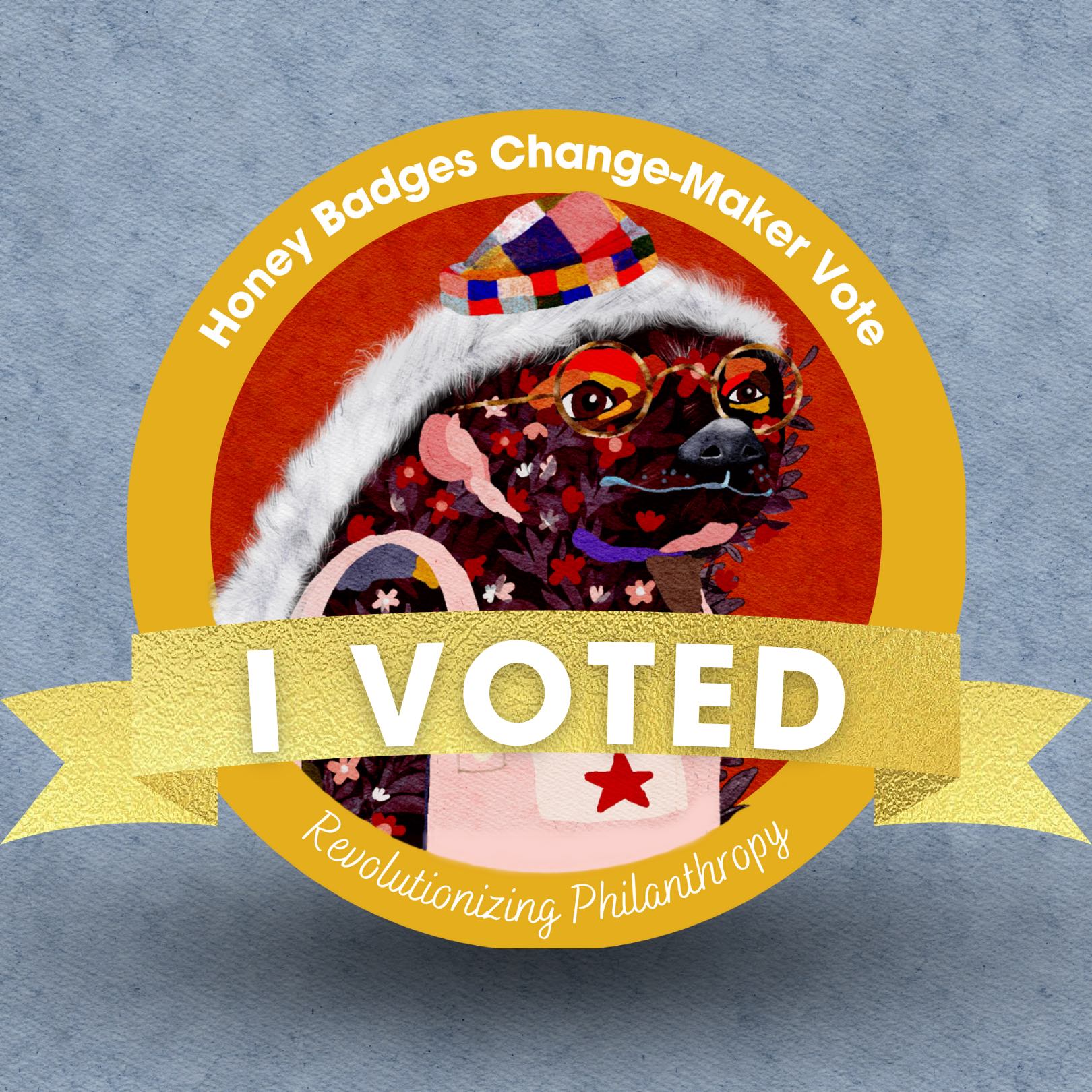
Proof of Participation: DAOs award NFT badges for attending meetings, contributing to projects, or joining events, creating an immutable record of each member’s active involvement.
-
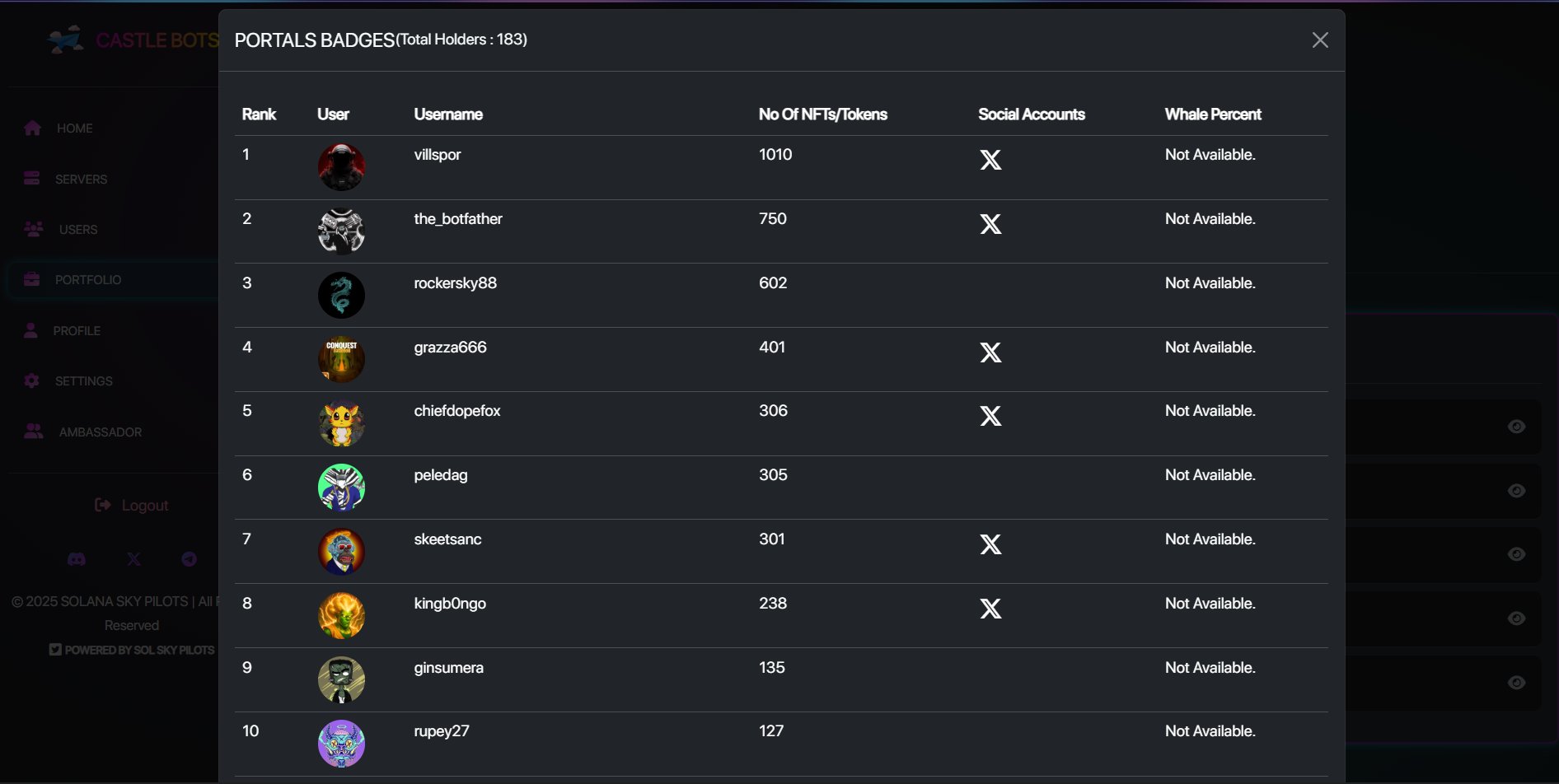
Reward Mechanisms: NFT badges are linked to token incentives or exclusive privileges, transparently recognizing and motivating contributors for their efforts within the DAO.
-
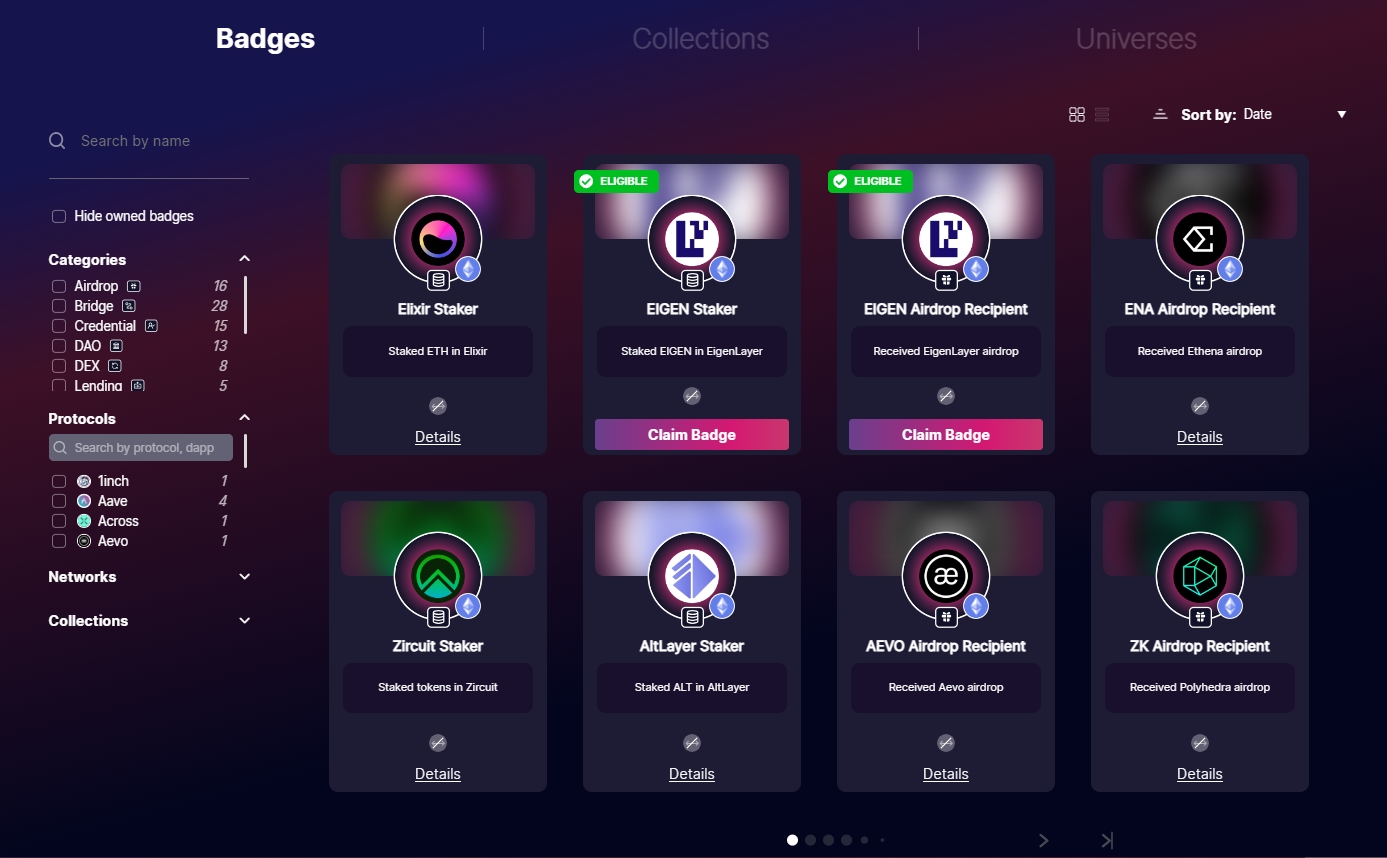
Reputation Building: Accumulating NFT badges over time allows members to build a verifiable, on-chain reputation, showcasing their contributions and fostering trust within the community.
1. Membership Verification: Each badge acts as a digital ID, ensuring only legitimate members can participate in governance. This is crucial for preventing duplicate or fraudulent voting.
2. Access Control: Badges unlock different roles or permissions within the organization. For instance, completing onboarding tasks might grant access to private forums or proposal submissions.
3. Proof of Participation: Attending meetings or contributing to projects earns members immutable records of engagement on-chain.
4. Reward Mechanisms: Some DAOs link badges to token incentives or special privileges, motivating ongoing involvement.
5. Reputation Building: Accumulating badges over time builds a member’s trust profile both within and beyond the original DAO.
NFT Voting Power: From Meritocracy to Weighted Governance
The most transformative aspect is how NFT governance badges can be programmed with dynamic voting weights. Instead of the traditional one-token-one-vote model, which often favors wealth over merit, DAOs can assign greater influence based on meaningful contributions.
This approach is exemplified by protocols like MeritDAOcracy and platforms such as Decent. Here, completing bounties or leading initiatives earns you new badges that increase your voting power proportionally. Not only does this create a more equitable system, it also motivates sustained participation from diverse community members.
Diverse Use Cases Across Leading DAOs
The flexibility of NFT badge frameworks allows each organization to fine-tune its approach:
- RootstockCollective: Dynamic badges represent evolving roles and directly unlock BTC-based rewards.
- Bankless DAO: Participation is recognized through Bankless Badge NFTs that build lasting on-chain reputations.
- ENS DAO: Issued participation NFTs serve as immutable records for key governance activities.
- DAOBadgeX by DAOBase: Badges evolve with contributions and can be linked to increased voting rights and token rewards.
This adaptability ensures that both small niche communities and large-scale protocol DAOs can benefit from granular tracking of member input while maintaining fairness in decision-making processes.
Integrating DAO governance badges into voting systems also addresses one of the most persistent issues in decentralized communities: incentivizing quality over quantity. By making voting power contingent on verified contributions, rather than just token holdings, DAOs can surface thoughtful, merit-driven voices. This approach discourages passive holding and encourages members to actively participate, collaborate, and innovate.
Moreover, these verifiable credentials are typically non-transferable (often referred to as “Soulbound”), which means they cannot be bought, sold, or transferred. This locks reputation and influence to the individual’s actual actions and history within the DAO, making governance more resistant to manipulation by whales or external actors.
Transparency and Trust: The Backbone of Modern DAO Governance
Transparency is a core value for any DAO aiming for legitimacy and resilience. NFT badges leave an auditable on-chain trail of participation and decision-making. Members can independently verify who contributed to what, when, and how their input impacted governance outcomes. This not only builds internal trust but also demonstrates accountability to external stakeholders and potential new members.
For example, Bankless DAO’s badge system makes it easy for anyone to see which contributors have a track record of meaningful engagement. This public ledger of participation helps DAOs identify emerging leaders, allocate resources more efficiently, and even attract new talent who value transparency and recognition.
DAOs Leveraging NFT Badges for Governance and Rewards
-
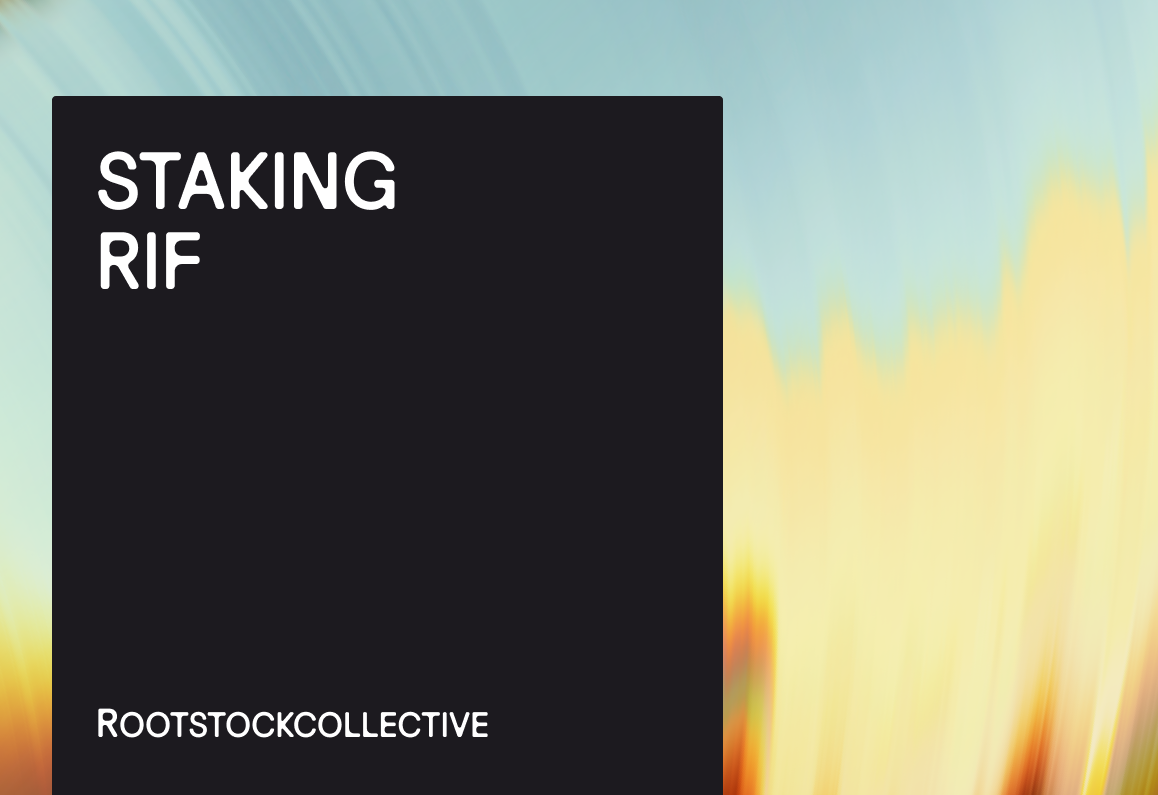
RootstockCollective issues dynamic NFT badges that represent members’ roles and impact. These badges unlock voting rights and enable members to earn BTC-based rewards, enhancing both governance and incentive alignment.
-
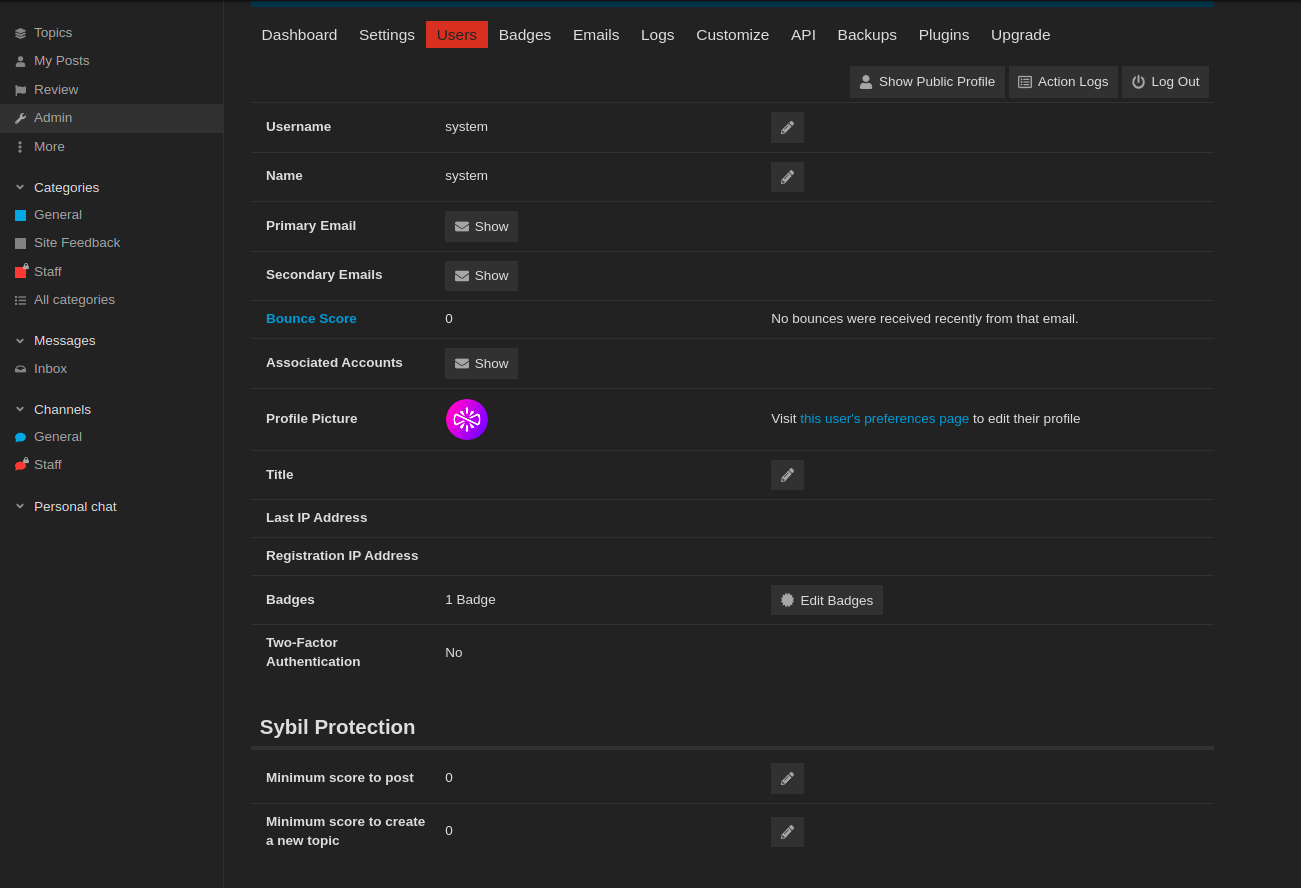
Gitcoin DAO utilizes “Kudos” NFT badges to recognize and reward contributors for open-source work. These badges act as verifiable proof of participation and can grant access to exclusive DAO events and governance privileges.
-
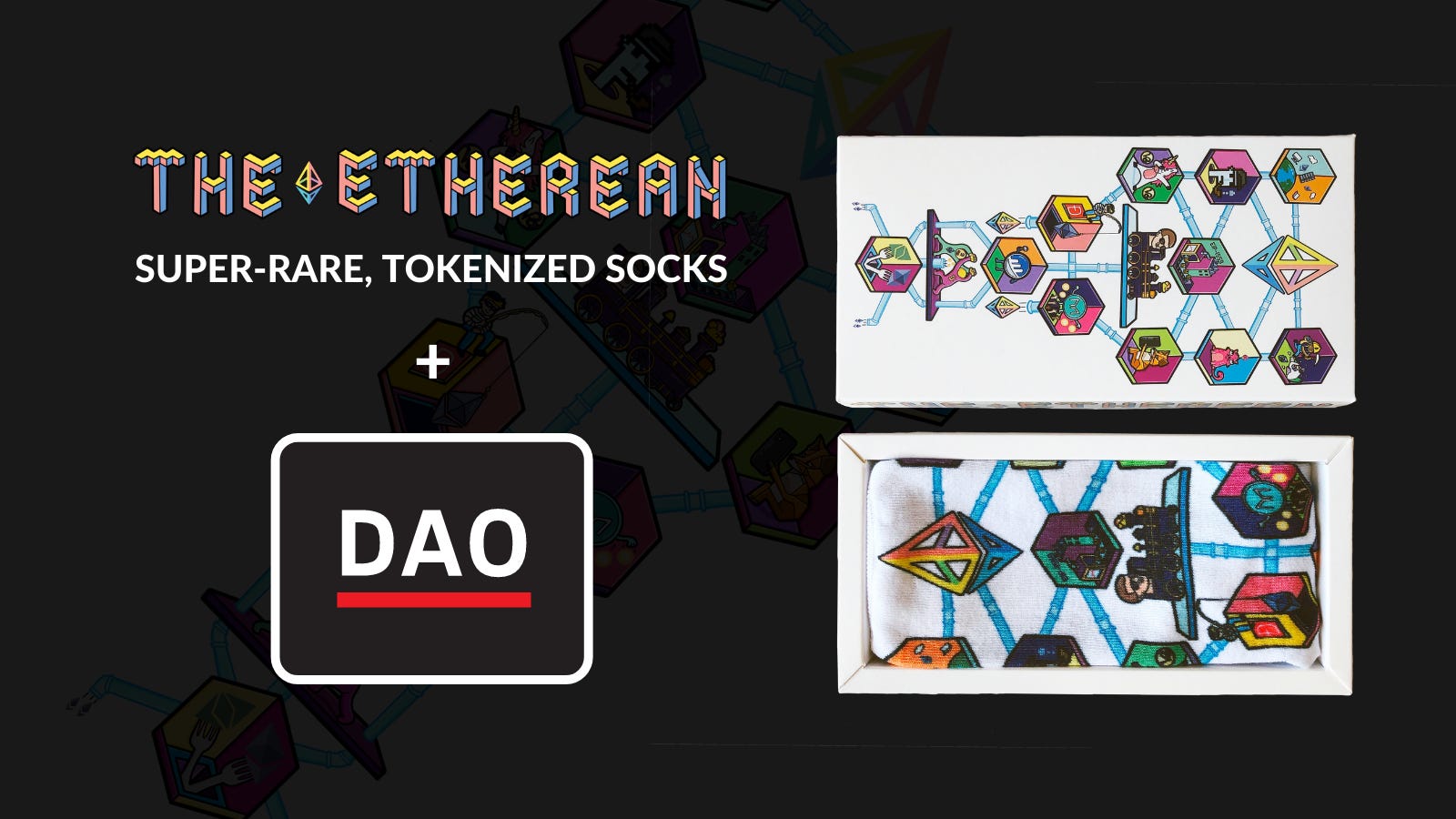
Bankless DAO employs Bankless Badge NFTs to acknowledge active participation in community initiatives. Members accumulate badges for attending events, contributing to projects, or supporting governance proposals, building a transparent on-chain reputation.
-
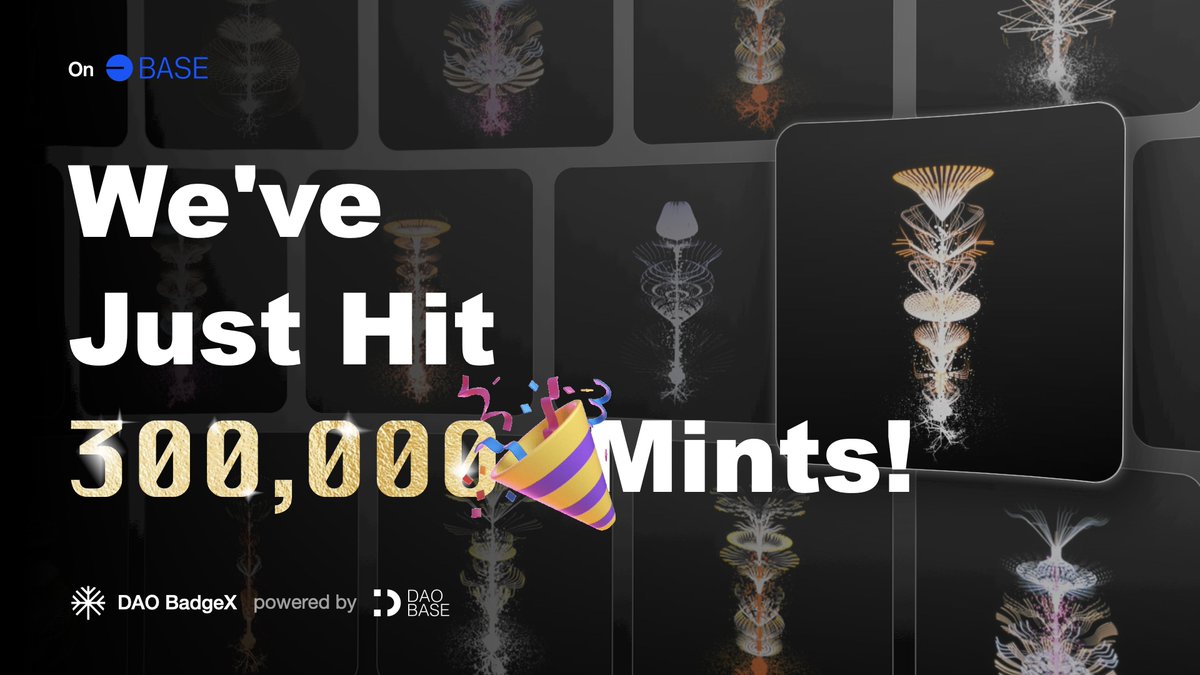
DAOBadgeX by DAOBase is a dynamic on-chain reputation system where NFT badges evolve based on a member’s contributions. These badges reflect contributor roles and can be linked to token rewards and increased governance power within the DAO.
-
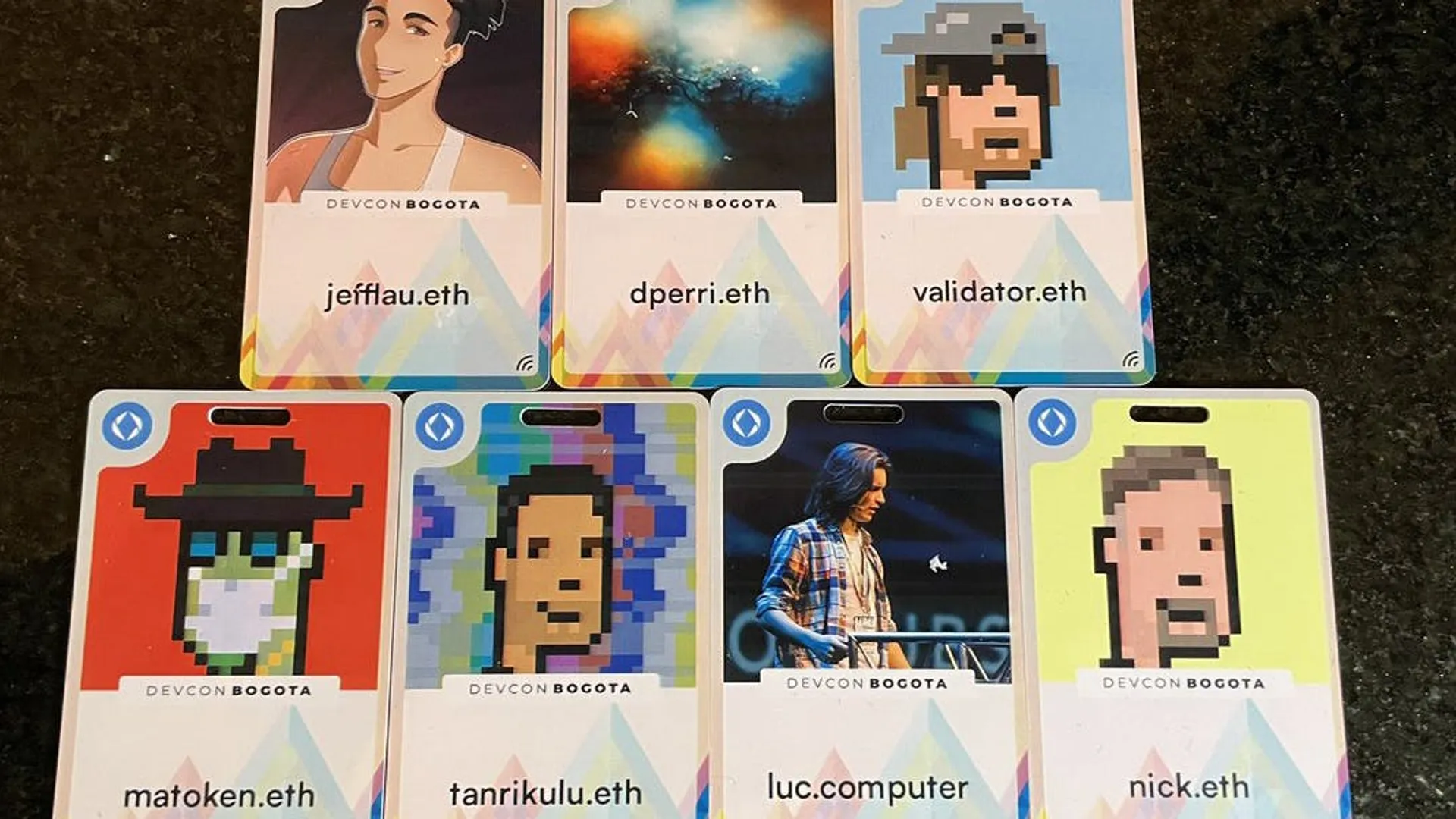
ENS DAO (Ethereum Name Service) distributes participation NFT badges to members who engage in voting and proposal discussions. These badges serve as immutable records of governance activity and verify a member’s involvement in key decisions.
As DAOs mature, we’re seeing more innovative badge mechanics emerge. Some DAOs experiment with time-limited badges that expire if a member becomes inactive, ensuring that governance power reflects current engagement. Others use multi-layered badges that combine skills, roles, and achievements to create a holistic view of each participant’s contributions.
Web3 Governance Tools: Ecosystem Trends and What’s Next
The rise of Web3 governance tools like NFT badges signals a broader shift toward more granular and adaptive models of community management. Platforms such as Snapshot X now integrate NFT badge verification directly into voting modules, allowing for seamless on-chain proof of eligibility and weighted voting based on badge metadata.
This evolution opens the door for cross-DAO interoperability. As more DAOs adopt common standards for NFT badge issuance and verification, members can port their reputation across communities, creating a portable, composable web of trust that transcends individual projects.
For those building or participating in DAOs, the message is clear: verifiable credentials are quickly becoming the foundation for fairer, more transparent governance. Whether you’re rewarding contributors, tracking progress, or assigning nuanced voting rights, NFT badges provide a robust, on-chain solution that aligns incentives and builds lasting community trust.
As the ecosystem continues to evolve, expect to see even more creative applications of NFT badges, from cross-DAO collaborations to dynamic governance experiments that push the boundaries of what decentralized organizations can achieve. To explore further details on transparent contributor recognition and see real-world case studies, visit our guide on transparent contributor recognition with NFT badges.
